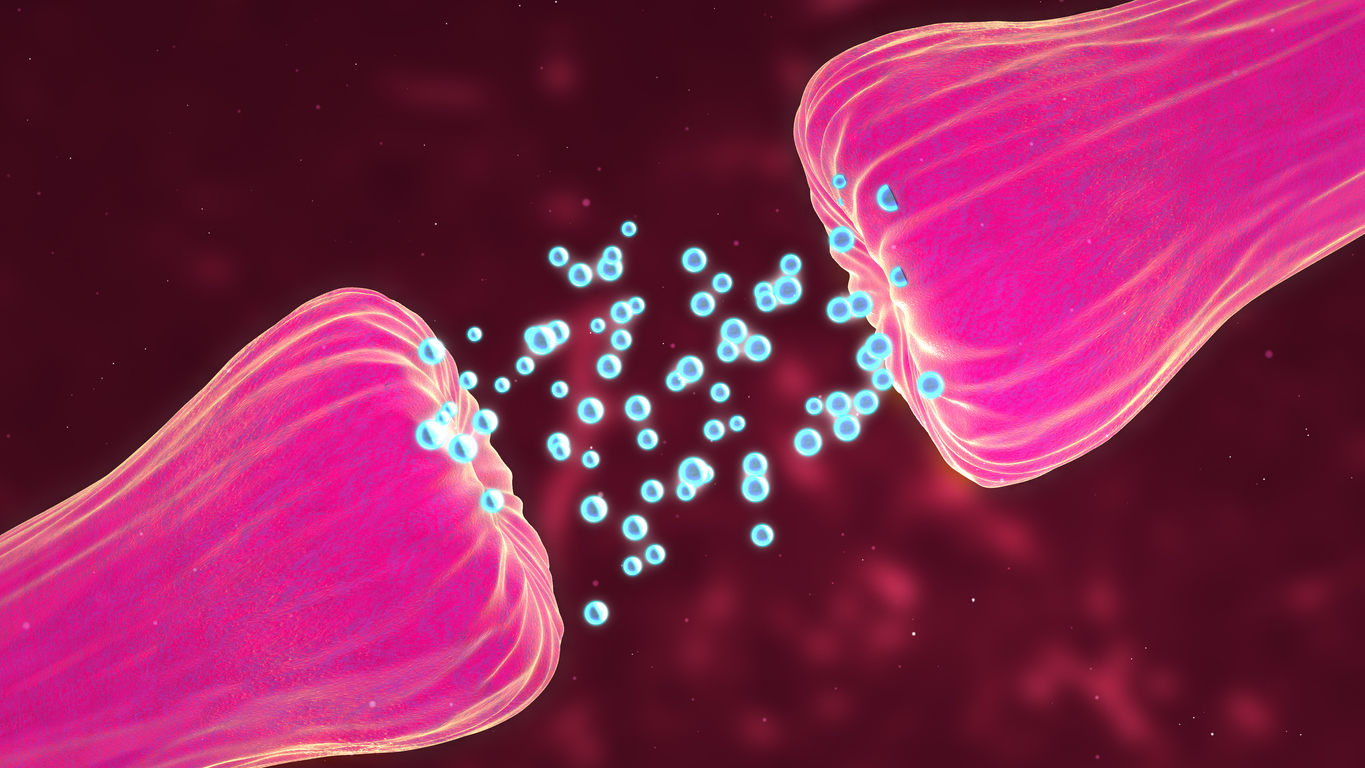For people at various points of their lives, rejection may be a terrible and stressful experience. Humans have an innate yearning to connect with others, and when they are unable to do so, they may experience embarrassment, sadness, and other negative consequences. People’s opinions of their love partners can be both accurate and biassed, according to previous studies.
In their romantic relationships, people tend to overestimate unfavourable encounters while underestimating pleasant interactions.
Current Studies.
The study, conducted by Kiersten Dobson and colleagues, included 98 Canadian adult couples who had been together for at least two years at the time of recruitment. In the first study, participants were asked about their relationship and sexual happiness, as well as their sexual rejection experiences. When it came to the sexual rejection variable, participants were asked if they had engaged in sexual activity, which partner had the stronger sexual desire, and how much sexual indifference they transferred during a 28-day period.
At the time of the study, there were 130 heterosexual and monogamous cohabiting couples. Participants’ feelings of sexual rejection, sexual satisfaction, and relationship satisfaction were utilised as measurements in this study.
Findings.
According to the findings of the study, people in romantic relationships have a decent awareness of their partners’ sexual rejection patterns. Despite this, the study found that people are more prone to overestimate than underestimate their chances of being rejected. This is in line with previous research on the subject.
Overestimating a partner’s sexual rejection can be disastrous for a relationship, limiting closeness and causing major harm. Overestimating one’s spouse’s likelihood of rejection may result in partners displaying sexual desire in one another less frequently than one or both would prefer.
Men were shown to be better at recognising rejection, while women were better at detecting when they were not rejected.
Limitations.
This study has some severe problems, despite making substantial progress in understanding couples’ feelings of sexual rejection. To begin with, the data on sexual advances and rejections was acquired by self-reporting, which is an inherently incorrect method of data collection. Furthermore, the majority of the participants were heterosexual white young adult couples who identified as such. Future study could focus on finding strategies to boost variability.
Story Source: Original story written by Emily Manis at PsyPost. Note: Content may be edited for style and length by Scible News.
Reference
Impett, E. A., Kim, J. J., & Dobson, K. (2021). Perceptual Accuracy for Sexual Rejection in Romantic Relationships. Archives of Sexual Behavior, 1–13. Scible: 2PR4MX2






